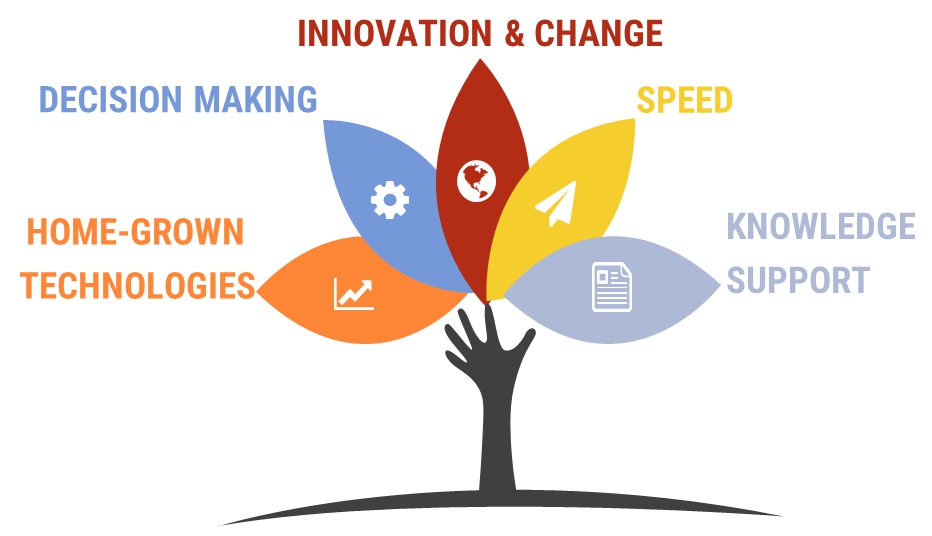HRKatha spoke to a few HR heads to delve a little into their HRMS wish lists and understand the elements they think can add more value to the existing platforms and solutions. Here’s what they want
Technology in HR has considerably eased conventional administrative tasks, making the function more strategic. It has significantly enhanced how HR functions, leaving more time for HR managers to focus on the softer, more subjective aspects of people dynamics.
However, it is still an evolutionary process and there’s a lot more yet to come. HRKatha spoke to a few HR heads to delve a little into their HRMS wish lists and understand the elements that can add more value to the existing platforms and solutions.
HRMS systems have come a long way by reinventing themselves with a greater focus on the end user as compared to the HRMS platforms of the past where the strength was on robust back end capabilities (integration of processes, roles and functions).
Sailesh Menezes, country manager and head, HR India, Hewlett Packard, says, “What is great to see is that while the back end capabilities have remained intact, the new age HRMS platforms are now lighter, more nimble and accessible everywhere as they can reside in the cloud.”

Most HR leaders agree that the existing HRMS systems are significant enablers and in the existing scale, size and robustness, they may be good enough to suffice. However, when it comes to making changes or customising to suit a client or catch up with the changing times and requirements, the time taken remains a concern.
Speed
Sameer Khanna, VP and head, human resources, Ericsson India, says, “The existing solutions need to be nimble and agile such that they are faster in adopting to the dynamic developments in the tech world.”
Innovating & leading change
It is indeed important to not just keep pace with the ever-developing technologies but to think beyond the curve. The HR service providers need to stay ahead of the curve in innovating and doing it fast enough to not follow but lead technology changes. “Unlike the existing situation, HR solution providers need to be the harbingers of change in technology rather than simply follow suit,” says Khanna.
For instance, he is also of the opinion that looking ahead at the growth in wearable technology, HR solution providers need to give it a serious thought now when it is still developing rather than trying to catch up a few years later when it will have saturated already.
Decision making
There may be a lot that technology enables HR to accomplish with ease and accuracy, but one aspect that is still human driven is the ultimate decision-making ability. Although, the HRMS or HRIS tools may be able to perform analytics and provide meaningful information that HR managers may use as inputs, the decision making still solely remains in the hands of the managers.
VDV Singh, head, HR, JK Cement, says, “However much the existing HRMS platforms or tools may be able to help the function with, these tools can only provide inputs and analysis, but can’t take decisions for you.”
Menezes, in agreement, shares that HR expects to see more of these platforms transforming themselves into ‘predictive engines’ for key people decisions. “While a few have made attempts at this transformation as a value addition, there is an opportunity to drive HR analytics and decision systems as part of the standard offering,” he says.
Knowledge support
In most cases, organisations which invest in a HRMS tool also end up partnering with a separate knowledge partner to guide them on the optimum utilisation of the system and provide knowledge consulting for the same. This is an extra cost for the organisation, Singh opines. “HR technology providers should also be able to provide knowledge consulting and product counselling for better utilisation of the resource without an extra cost,” he adds.
Better home-grown technologies
Khanna says that although India is a leader in providing world-class IT solutions, when you look at the state of HRMS, global solutions dominate the home-grown ones. Most global organisations trust and adopt the global solutions more than the local platforms. “If only the existing Indian systems and solutions could get more futuristic, many organisations could think of leveraging more cost-effective and advanced solutions,” he concludes.



